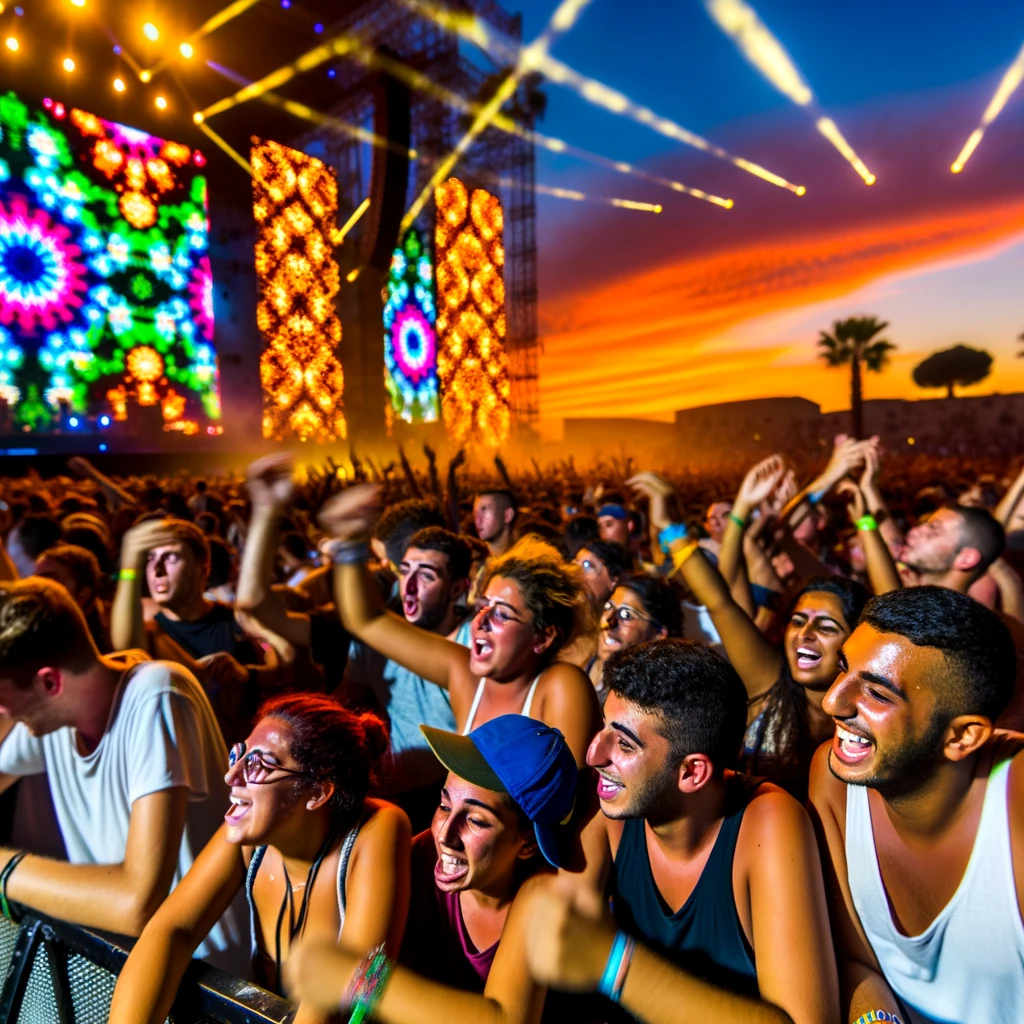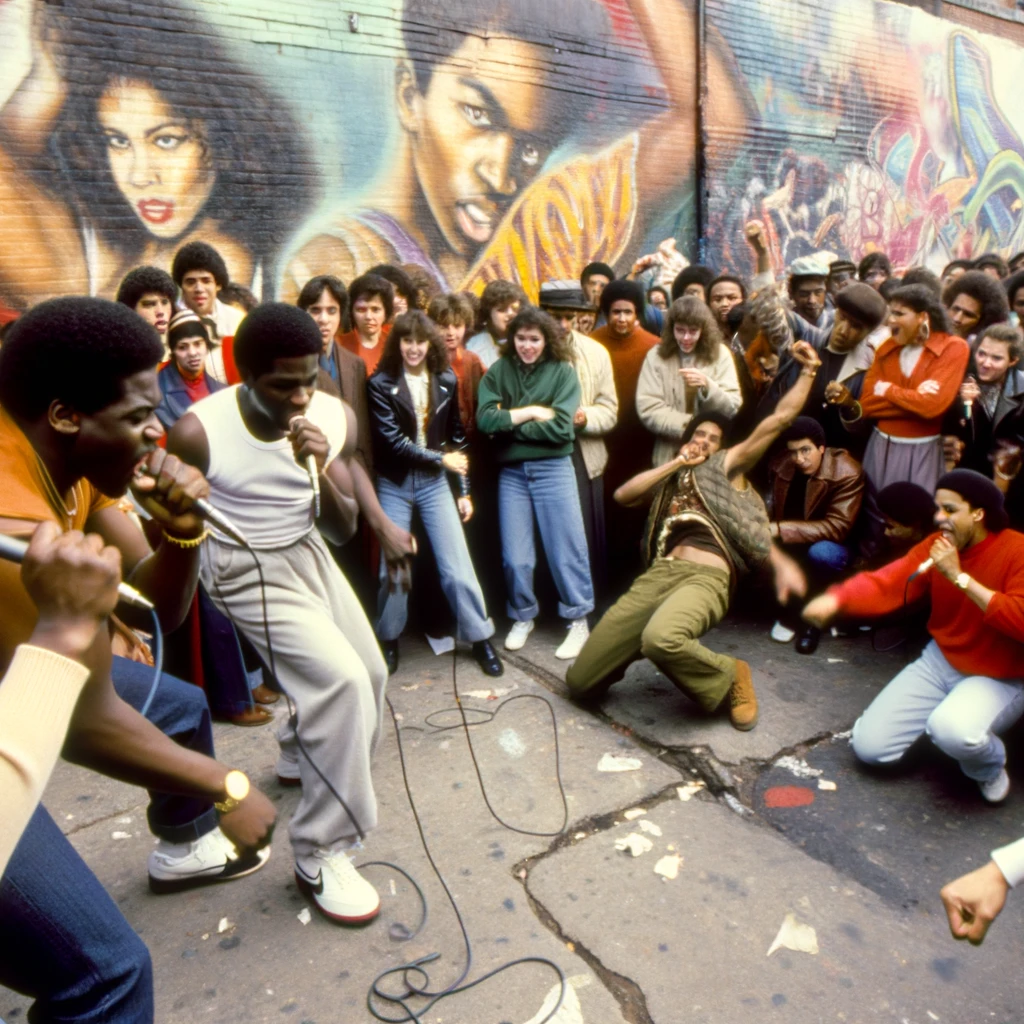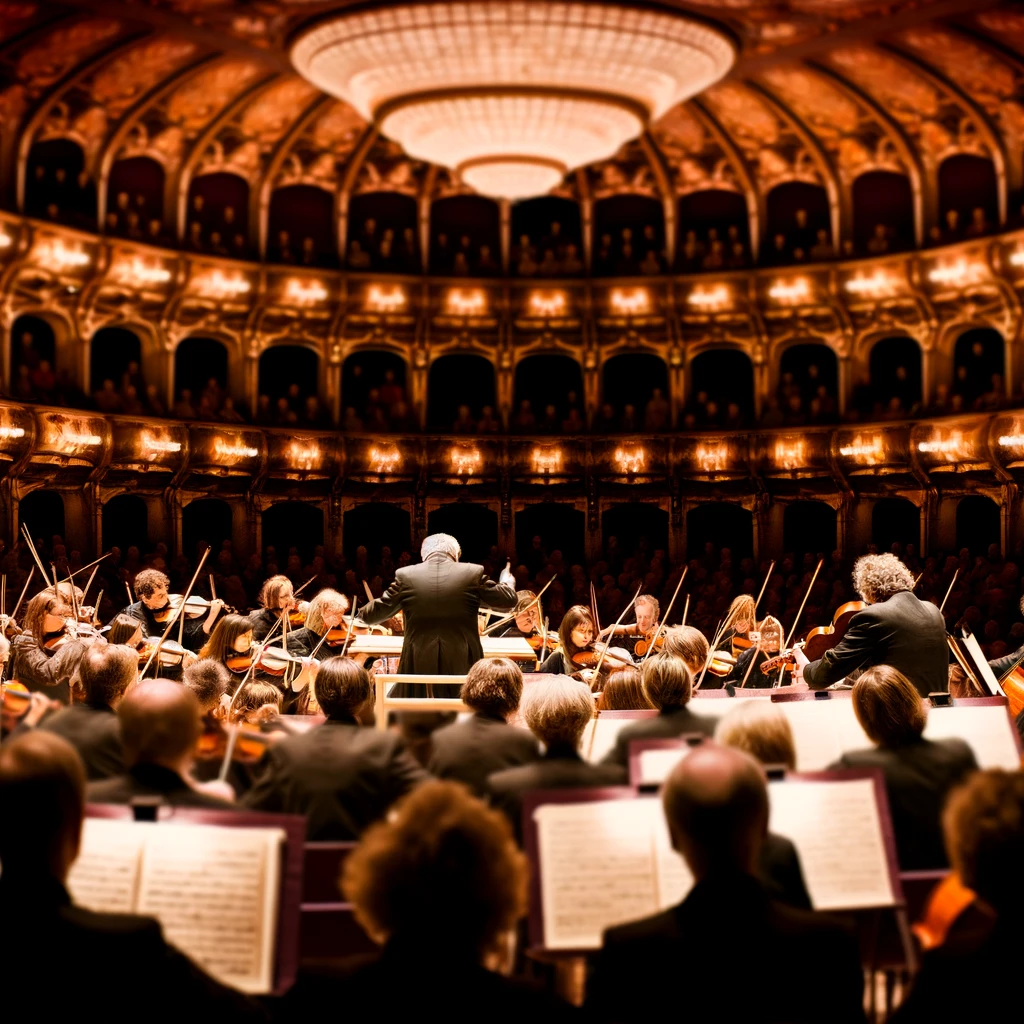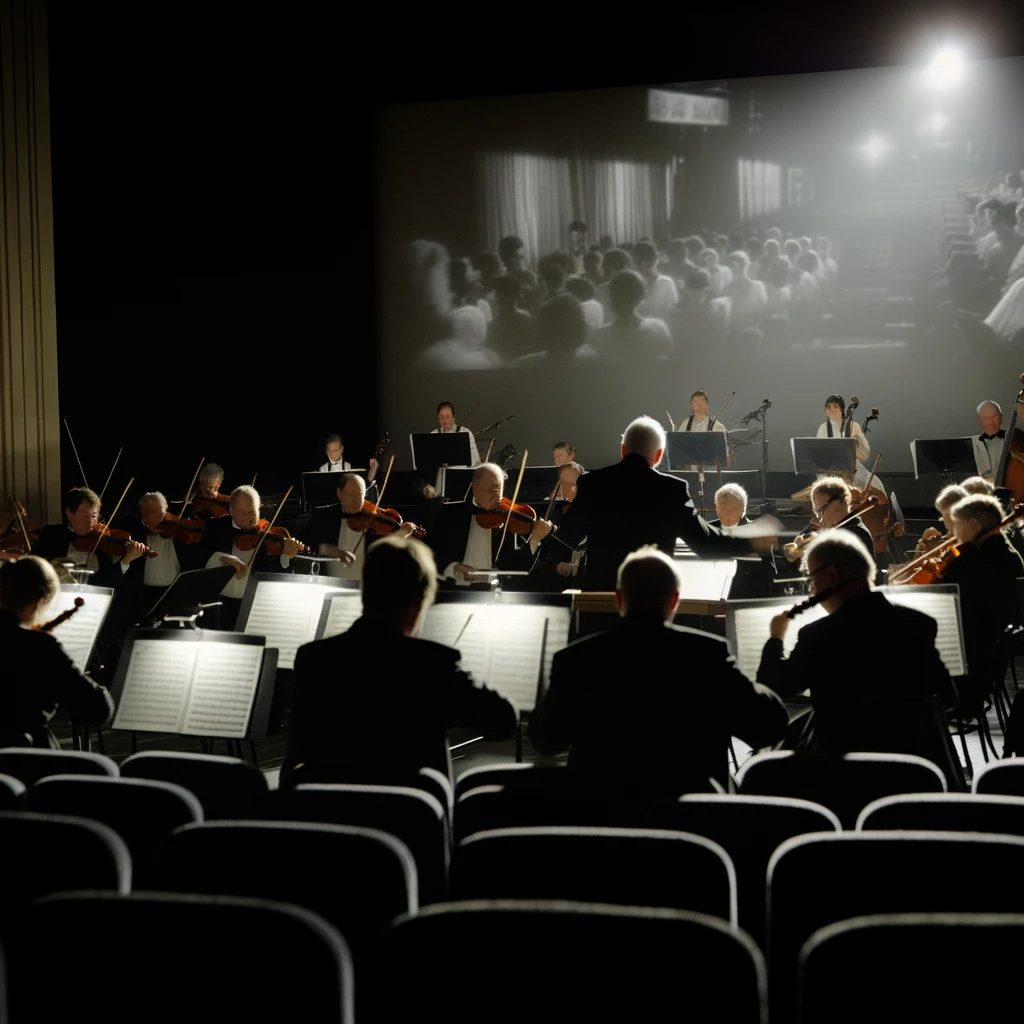Related Articles











Film scores are a crucial aspect of the cinematic experience, enhancing the narrative and evoking emotions that visuals alone cannot achieve. These iconic compositions have the power to transport audiences into the world of the film, making them an integral part of storytelling in the movie industry.
Music in film serves multiple purposes, from setting the tone and atmosphere to foreshadowing plot developments. It creates an emotional connection with the audience, guiding their reactions and augmenting the visual storytelling. A well-composed film score can transform a scene from mundane to magical, leaving a lasting impact on the viewer.
The journey of film scores began in the silent film era, where live orchestras accompanied the visuals to provide auditory context. As technology advanced, so did the complexity and creativity of film scores. Composers like Max Steiner and Bernard Herrmann pioneered the use of leitmotifs, a technique that assigns specific musical themes to characters or situations, enriching the narrative depth of films.
Throughout the history of cinema, certain composers have stood out for their exceptional contributions to film music. John Williams, known for his work on Star Wars, Indiana Jones, and Harry Potter, has created some of the most recognizable and beloved scores. Hans Zimmer’s innovative compositions for films like Inception and The Dark Knight Trilogy have redefined modern film music with their blend of electronic and orchestral elements.
Studies have shown that music can significantly impact the brain’s emotional centers, making it a potent tool in film. The use of minor keys can evoke sadness or tension, while major keys often convey happiness or resolution. Dynamic variations, such as crescendos and decrescendos, can heighten suspense or provide relief, guiding the audience’s emotional journey throughout the film.
As technology continues to evolve, so does the potential for innovation in film scoring. The rise of artificial intelligence and virtual reality presents new opportunities for composers to create immersive and interactive musical experiences. The future of film scores promises to be as dynamic and transformative as its past, continuing to captivate audiences worldwide.
Film scores are more than just background music; they are a critical component of storytelling that enhances the emotional and narrative depth of a film. As the industry continues to evolve, these musical masterpieces will undoubtedly continue to enchant audiences, creating timeless magic on the silver screen.